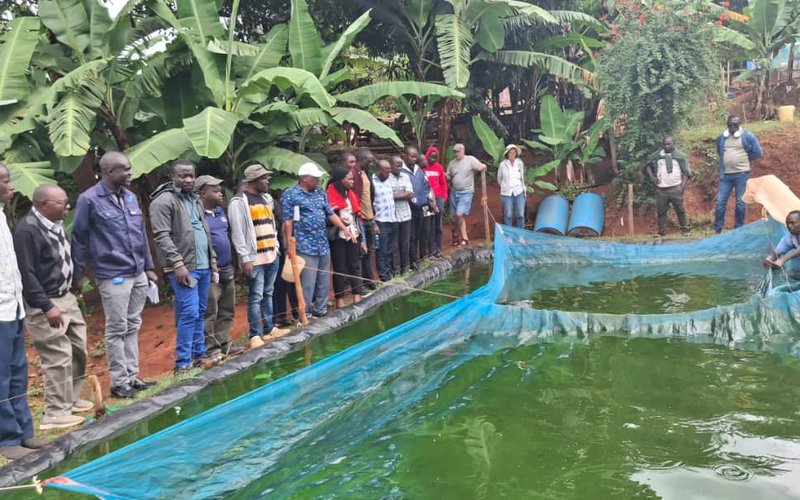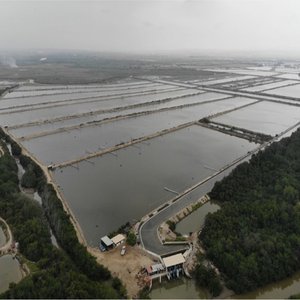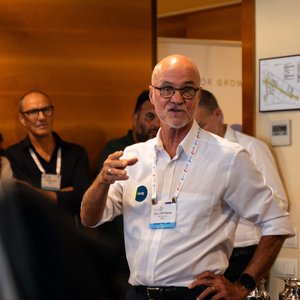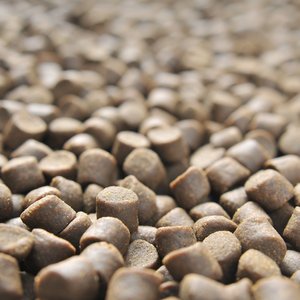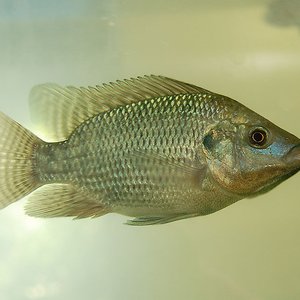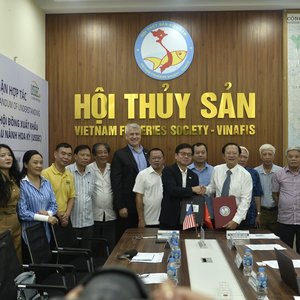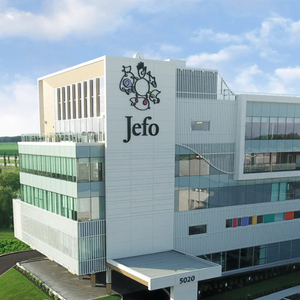Across Africa, aquaculture is emerging as a critical solution to bridge the widening gap between fish supply and demand, reduce costly imports, and create sustainable livelihoods. Yet, the sector still faces persistent challenges. In response, governments, research institutions, and international organizations are increasing efforts to strengthen the industry through targeted training, collaborative workshops, and innovative organizational models.
Ghana and Nigeria brainstorm on “Aquaculture Externalities”
The Ghana Center for Environment for Development (EfD) hosted a workshop on Aquaculture Externalities at the Alisa Hotel in Accra on Tuesday, July 23. The event brought together policymakers, researchers, and industry leaders from Ghana and Nigeria to assess the current state of aquaculture in the two nations and explore strategies for ensuring sustainable growth in the sector.
EfD, funded by the Swedish International Development Cooperation Agency, is a network of 22 researchers operating in 13 countries, with a focus on providing evidence-based solutions to major environmental and development challenges. EfD Ghana conducts policy research on a wide range of topics, with particular emphasis on using research and data to improve fisheries management. Drawing on its experience with the design and implementation of Ghana’s Fisheries Management Plan, EfD Ghana and its Nigerian counterpart are collaborating with Nigerian agencies on a project titled Enhancing Fisheries Policy Initiatives in Nigeria Based on EfD Ghana Experiences: The Blueprint for Developing a Fisheries Management Plan (FMP) for Nigeria, launched in 2023. Professor Wisdom Akpalu, Director of EfD Ghana, also serves as chairman of the Governing Board of Ghana’s Fisheries Commission.
In his opening remarks, Professor Akpalu noted that there are critical issues affecting the aquaculture sector and reaffirmed EfD Ghana’s commitment to conducting in-depth research to support policy reforms and practical interventions. EfD, he said, is currently implementing the Blue Resources for Development Program, which focuses on sustainable marine and aquaculture practices.
He stressed that the $300 million Ghana spends annually on fish imports is “simply unacceptable.” He added that the aquaculture sector is capable of doubling its current annual output of 132,000 metric tons by 2027, as targeted under the National Aquaculture Development Plan. While aquaculture has made significant contributions to local diets and incomes, major challenges must be addressed to reach the projected output. EfD and the Fisheries Commission, he said, are working closely with industry leaders to address these issues.
Ghana’s Minister for Fisheries and Aquaculture Development, Emelia Arthur, emphasized that “there is an urgent need to grow more fish to meet the country’s protein needs and to create sustainable jobs for young people and the unemployed.” She noted that the aquaculture sector has great potential to meet much of Ghana’s demand but faces concerns regarding fish health, genetics, and crossbreeding practices. “We will address these issues and ensure a healthy, profitable aquaculture sector,” she said. As part of efforts to combat fish stock depletion, she explained that certain areas have already been classified as marine protected zones, and more are expected to follow. She reaffirmed the government’s commitment to protecting Ghana’s marine resources.
Mr. Omoragbon Wellington, Federal Director of Fisheries for Nigeria, stated that his government is determined to reduce the large sums of foreign currency spent on fish imports, with aquaculture being key to ensuring local fish supply. He acknowledged the sector’s challenges and said programs are underway to address them. “There has been some increased production, but no real growth,” he said, adding that large-scale production is essential to reach the necessary output levels.
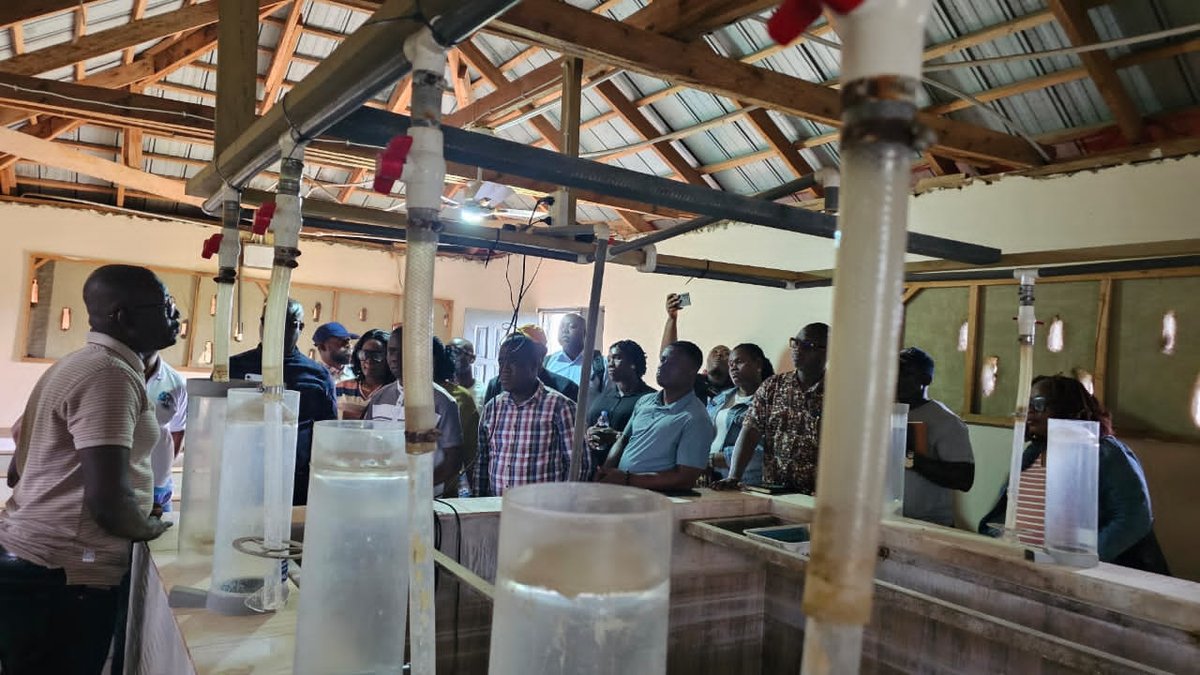
Credits: Efua Konyim
Cluster farms
One of the major topics discussed at the forum was the concept of cluster farms as a potential solution to underproduction among fish farmers in Ghana, Nigeria, and other African countries. The vast majority of fish farmers operate at the micro level, producing at very small scales, which prevents them from operating profitably or making a significant contribution to national output.
In Nigeria, cluster farms typically consist of about 30 small fish farmers who join forces to farm on land or water bodies, often with support from state or local governments. They share labor, marketing, hatchery, and other technical services. Members meet regularly to resolve disputes and “police” each other to ensure catfish prices remain fair.
They also share “toll mills,” where farmers bring feed ingredients to be milled and pelleted at affordable rates. In better-organized clusters, companies like Skretting and other major feed suppliers visit to arrange a bulk supply of high-quality feed. Sometimes, members outgrow the cluster and establish independent farms elsewhere. Many see cluster farms as the future of Nigeria’s aquaculture, and participants at the workshop considered adopting the concept in Ghana.
It was generally agreed that the government should consider providing land—especially in areas with abundant water resources—to help small farmers increase profitability. Suggestions also included promoting mentoring and out-grower arrangements to support the thousands of subsistence-level fish farmers already operating nationwide. The out-grower model has been successful in Ghana’s pig and poultry sectors but has yet to be applied to aquaculture.
Getting the basics right
The World Initiative for Soy in Human Health (WISHH), which is actively involved in developing aquaculture in African countries, sponsored a training course on Aquaculture Better Management Practices, Pond Design, and Construction in Mwea, Kirinyaga County, Kenya, from June 27 to July 10. Participants included farm leaders and trainers from Nigeria, Kenya, Ghana, Uganda, and Tanzania. Most sessions were conducted at the Mwea Aquafish Farm, owned by Professor Charles Ngugi.
Karen Veverica, the course consultant, said the goal was to give participants a lasting understanding of the importance of sound management practices and proper pond construction for profitable aquaculture. “Due to declining capture fish output, aquaculture is gaining prominence as a vital tool for meeting African nations’ fish needs. Many African countries are spending substantial amounts on fish imports, which they can hardly afford. They need to maximize aquaculture output to close the wide gap between supply and demand.”
She explained, “Unfortunately, some of the essential skills for profitable aquaculture are lacking. The vast majority of fish farmers are small-scale operators with limited skills. Even among skilled farmers, there are practices that need to be unlearned and replaced with truly beneficial ones. This program brought together leaders and trainers who can pass on skills and information to large numbers of farmers, helping them operate more profitably and boosting national output.”
Veverica also highlighted a common issue: “One area of concern in Africa is pond construction. Too often, earth-moving equipment is brought in to dig and level the ground, and farming preparations begin. This often leads to problems later that reduce profitability. I always recommend using manual labor for digging and compacting earthen ponds. In a part of the world where labor is abundant, this should not be an obstacle. In training programs like this, we guide participants through the entire process of pond construction so they can fully absorb the skills they will pass on.”
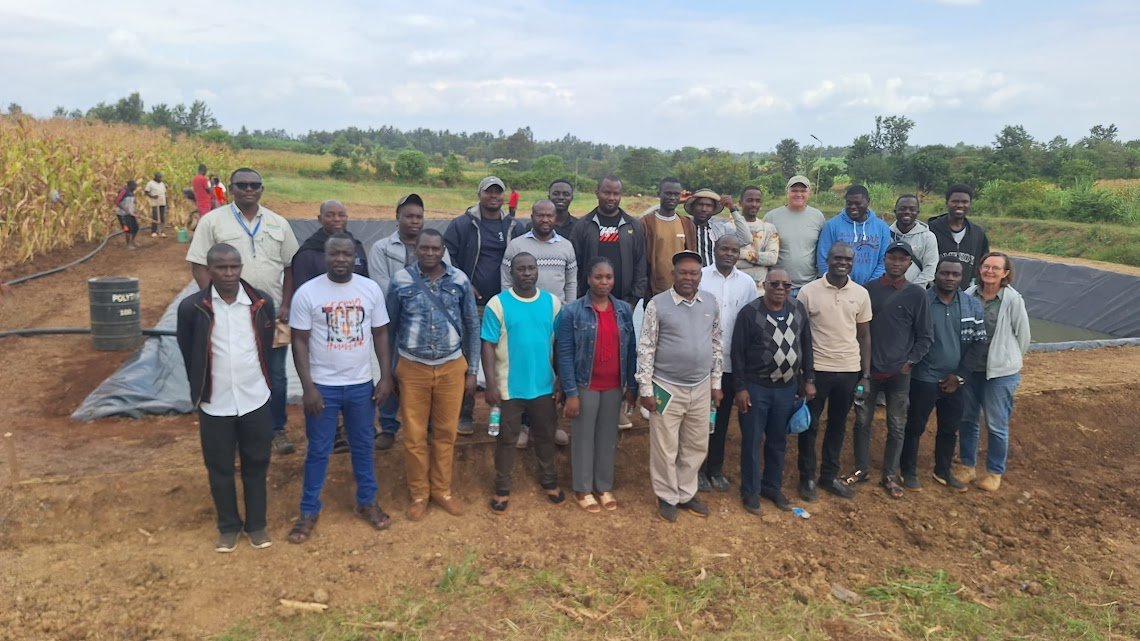
Credits: Efua Konyim
Dr. Jeff Terhune, a trainer in the program, stressed the importance of starting with quality stock: “Fish farmers need to be fully confident in the source of their fingerlings and how they are transported to their farms. Good-quality fingerlings, moved under ideal conditions, are the foundation for a healthy, abundant harvest. During the culture process, farmers must monitor water conditions and fish behavior. Continuous monitoring and proactive management ensure strong growth and a good yield. We’re confident that the knowledge gained here will translate into better farm management across Africa, and we plan to run similar programs in other countries.”
Mr. Wilfred Agbi, a Ghanaian trainer, said, “This program has been truly beneficial. I’ve attended many training programs, but this one has given me greater insight because we’ve spent most of our time in the field. I often consult for fish farms across West Africa, and I’ve seen many poorly constructed ponds that hurt productivity and cost money to repair. Now, I’ll be able to offer better support to farmers. Some countries need to raise farmers’ skill levels to achieve their aquaculture production goals.”
In addition to interactive discussions on suitable pond structures for African aquaculture, participants spent time on hands-on training in building ponds from start to finish, using liners effectively, and ensuring pond integrity.
Mr. John Domozoro, WISHH Country Representative for Ghana, noted, “We also shared skills in farm management and financial planning—two crucial areas in aquaculture that are often overlooked in Africa. African governments hope to increase aquaculture output substantially to reduce the crippling costs of fish imports, but most farmers are small-scale operators with limited skills. We need to train more trainers who will pass these vital skills on to farmers. WISHH will repeat this program across Africa, and I believe we’ll see improved farm management in the years ahead.”


